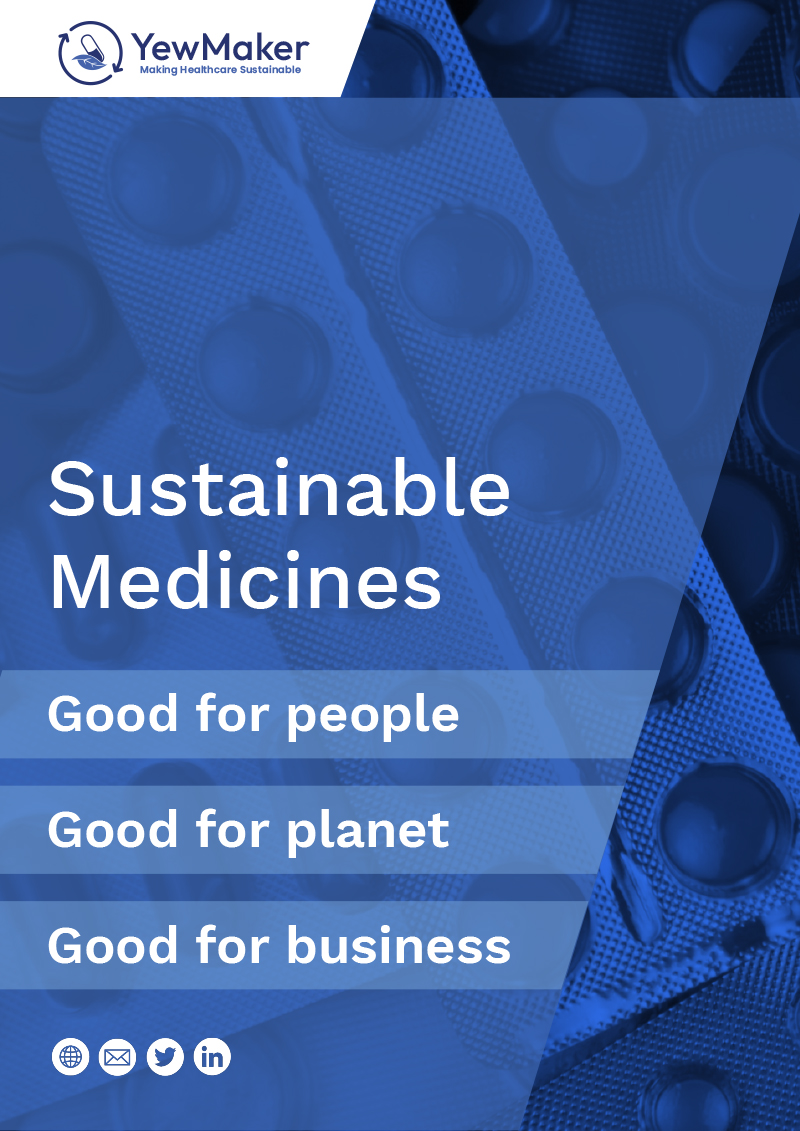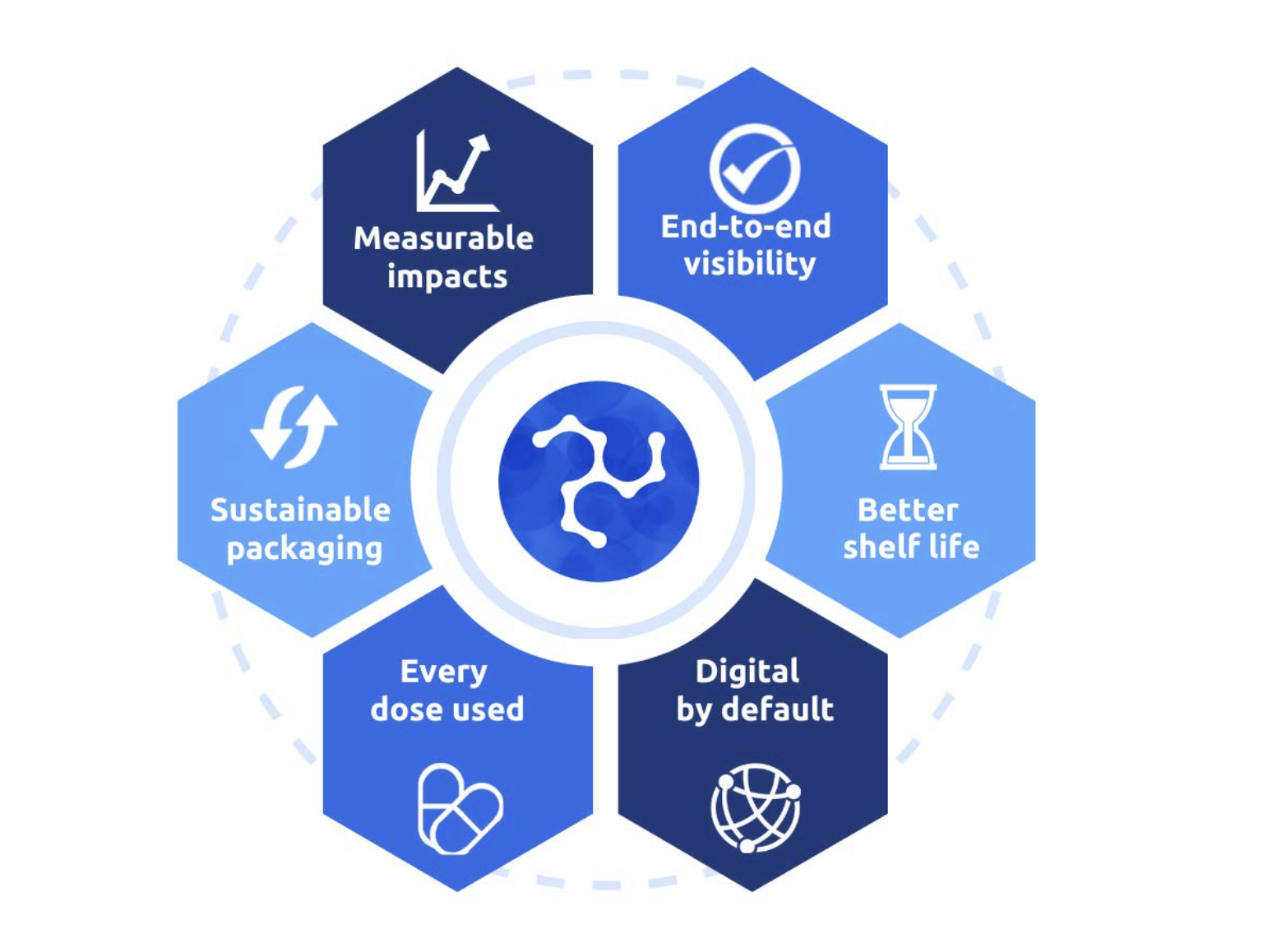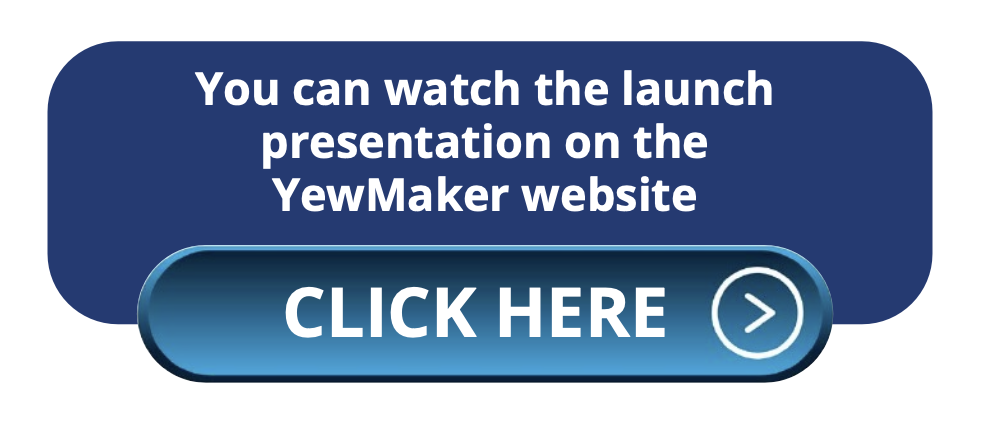Sustainable medicines maximise benefits for people while minimising harms to the environment and costs, find out more in this eBook
As the last decade faded, I grew restless. I had spent 20 years in genomics, on a fast, fabulous journey that led to many advances that made a difference. It was important and fulfilling. But as 2020 approached, new challenges began to consume me. The threat to our world from our over-consumption.
The lack of progress we had made on prevention, on equal access to healthcare, on being a fairer, better, world. My modest ambition has always been to try to leave the world just a little bit better than I found it. But my generation has failed, we have ravaged the world of its riches with little thought to the mess we are leaving our children.
But it’s not too late. It is never too late, to at least try.
So as the new decade started, I started to try.
A dream of sustainable healthcare
I started with a dream to make healthcare more sustainable: better for people, better for the planet, better for the business of healthcare. This triple bottom line must work in healthcare because we will never willingly compromise on our health, as the pandemic showed. If we want healthcare to be more sustainable then we must make sustainable healthcare the best way to deliver healthcare.
To help make this dream a reality, I founded YewMaker, a purpose-driven company dedicated to building science-based, sustainable healthcare solutions.
Building a more sustainable world can be approached from many directions. I wanted to tackle the waste endemic in healthcare. I witnessed and contributed to this waste as a doctor, despite my best intentions, and was often frustrated by outdated, unwieldy systems that hinder change.
As a big pharma Non-Executive Director, I learned about medicine logistics and began to see opportunities for near-term, large-scale, practical innovations that could reduce wasted medicines and would help make healthcare more sustainable and equitable.
Reducing wasted medicines became the YewMaker mission
Over the last two years we have created a conceptual change framework known as the Pillars of Sustainable Medicines, we have formed an action collaborative of 48 organisations called the Sustainable Medicines Partnership, we have launched a 4-year Programme to deliver scalable sustainable medicine solutions aligned to our See-Measure-Reduce-Share action framework, and we have secured NHS funding to build MCF Classifier, a suite of tools to support carbon-informed prescribing.
It’s a start.
The challenge
4.5 trillion medicines are made each year – billions are never used
The physical and mental health impacts of climate change, and other environmental incursions are well known. The harms can be obvious, such as from extreme weather events, or hidden, such as the premature deaths caused by air pollution.
The contribution healthcare makes to the climate crisis has more recently become recognised. A 2019 study estimated healthcare contributes 4.4% of global greenhouse gas emissions, equivalent to the 5th largest emitting country 1. Over 60 countries have now pledged to develop climate resilient, low carbon, sustainable health systems, with over 20, including the NHS, committed to delivering net zero health systems 2.
Medicines play a significant role in healthcare’s environmental impact, accounting for 25% of NHS emissions 3. Making medicines more sustainable is, therefore, a global priority, and reducing wasted medicines must be our first goal.
Why do we waste medicines?
The tragic waste of medicines is due to many factors, including poor visibility in the supply chain, inadequate supply-demand forecasting, packaging and delivery failures, overly conservative expiry dates, oversized vials, overprescribing, and more. In addition to the environmental impacts, these lead to significant costs and many negative impacts on patients.
Two billion people lack access to the medicines we destroy. Too many people are taking medicines they don’t need. Too few people can access medicine information digitally, in the language and formats they want. Instead, we print billions of paper leaflets that are rarely read. Drug pollution, mostly from improper disposal of medicines, exceeds safe levels throughout the world. Medicine packaging, which is rarely collected or recycled, is another problem, exacerbated by the medicines that are made but never used.
We need sustainable medicines
Sustainable medicines maximise benefits for people while minimising harms to the environment and costs. This involves responsible development, production, delivery, use, and disposal of medicines to prioritise the well-being of people and the planet, while being operationally and financially successful.
It is possible, but requires collective stewardship, commitment, and action.
Pillars of Sustainable Medicines
Transforming large, intricate, multi-stakeholder systems is hard. Creating a compelling narrative framework is crucial to drive change. The framework must resonate with all stakeholders, balance vision and traction, be founded on principles for which there is consensus, and inspire investment of time and commitment.
YewMaker spent 18 months talking with healthcare stakeholders about the challenges of making medicines sustainable. We always asked this question:
‘Are you comfortable that billions of usable medicines are wasted every year?’
‘No!’ was the universal reply.
To reduce the waste of medicines and from medicines became our guiding principles. Six themes emerged through our discussions and became the Pillars of Sustainable Medicines.
Measurable impacts – we need better sustainability metrics for medicines to measure, monitor, and incentivise change.
- End-to-end visibility – we need better tracking to know where and why medicines are being wasted.
- Better shelf life – we need more appropriate shelf lives as most medicines are safe and effective long after their ‘expiry date’ but currently must be destroyed.
- Digital by default – we need better digital access to medicine information to increase access and to reduce paper and packaging.
- Every dose used – we need to tackle root causes of waste and redistribute unused medicines wherever possible.
- Sustainable packaging – we need circular solutions to reduce single-use packaging.
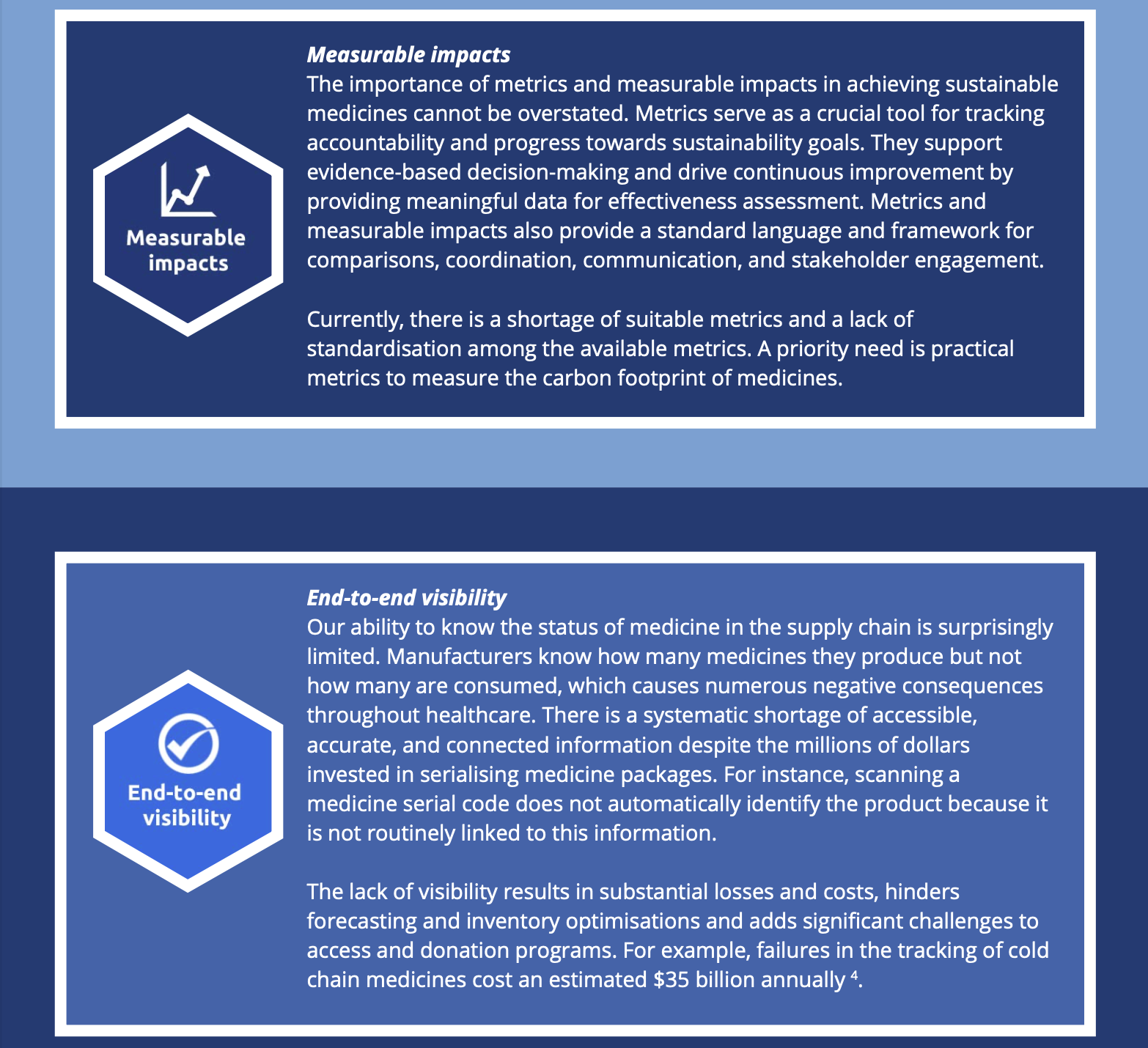
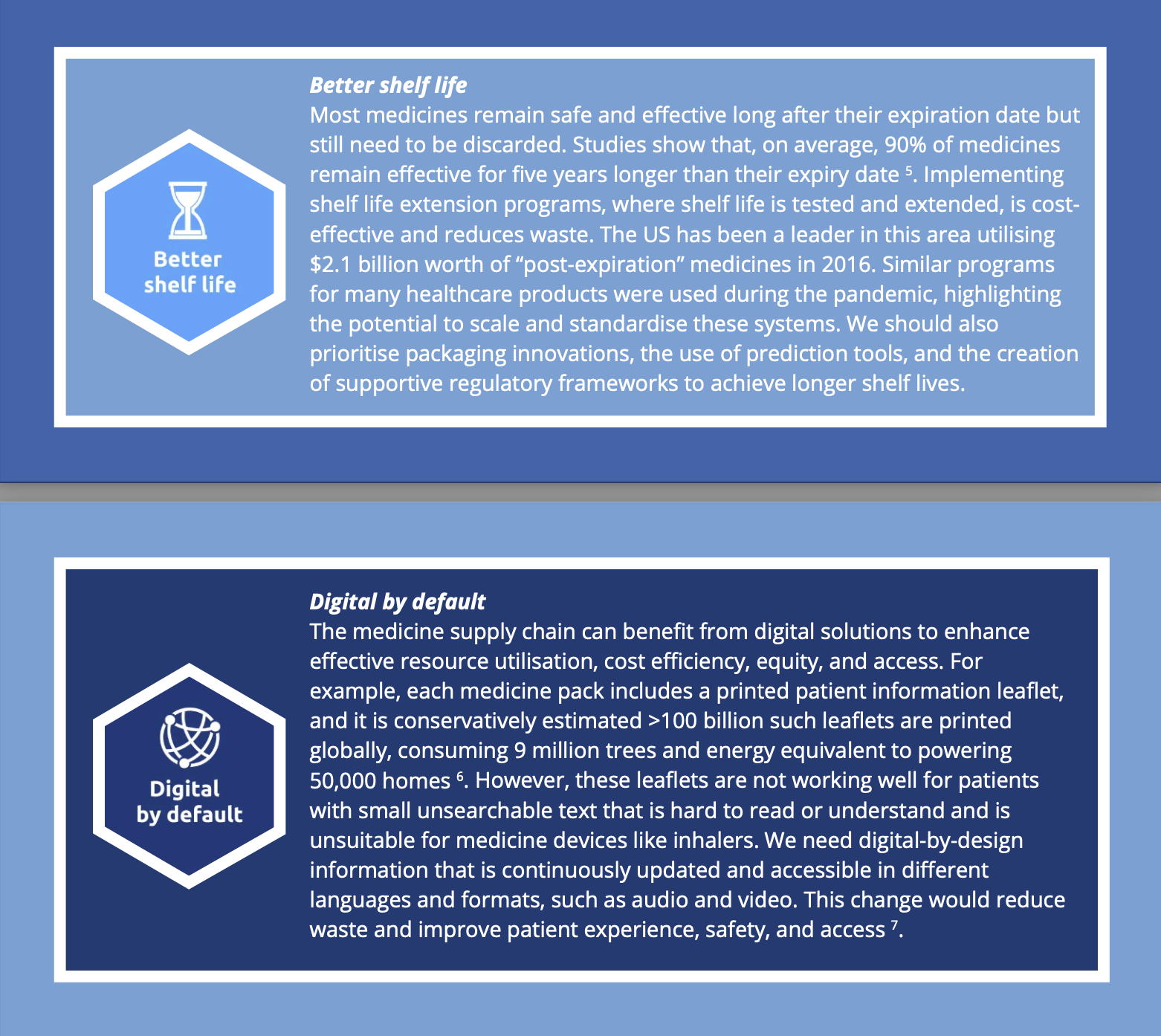
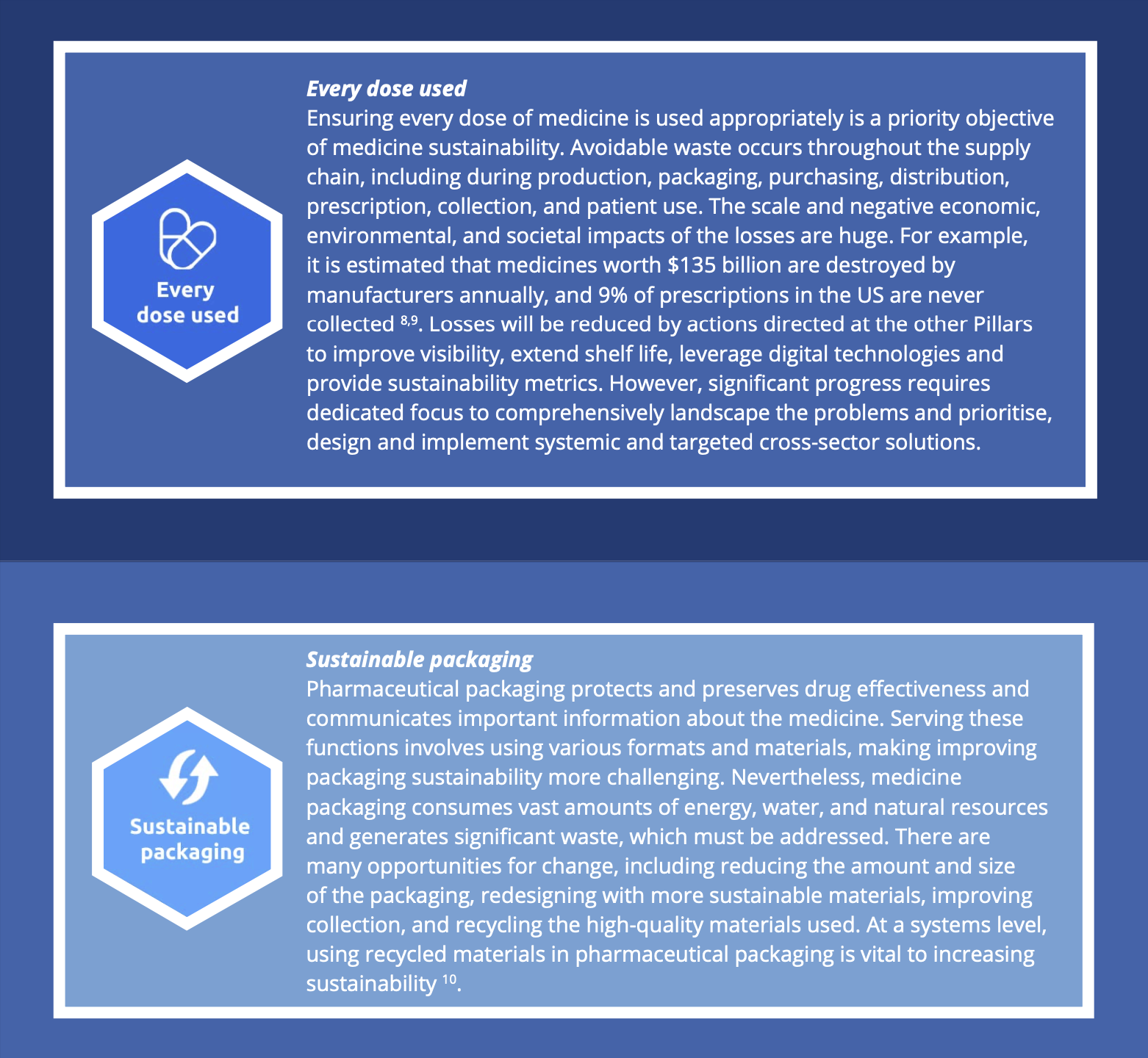
Sustainable medicine partnership
In our stakeholder discussions, we met many smart, knowledgeable, dedicated people striving for change. We knew harnessing and catalysing their collective creativity and energy would be the key to scalable progress. The collaboration would need to encompass the entire healthcare ecosystem and have a flat, agile organisational structure with a singular focus on action.
We started building the Sustainable Medicines Partnership (SMP) with these passionate individuals who imparted the vision within their organisations and beyond.
It was the height of the pandemic, which accelerated the reach and relevance of our Pillars – using every vaccine dose, managing excessive packaging waste, fixing supply chain weaknesses, prolonging shelf lives, and embracing digital healthcare became pressing issues.
We announced our intention to build the SMP in October 2021. In October 2022, we launched the SMP with 42 Founding Collaborators, including pharma, generics, and retail manufacturers, packagers, distributors, supply chains, pharmacies, healthcare, hospitals, technology providers, academia, policymakers, and changemakers.
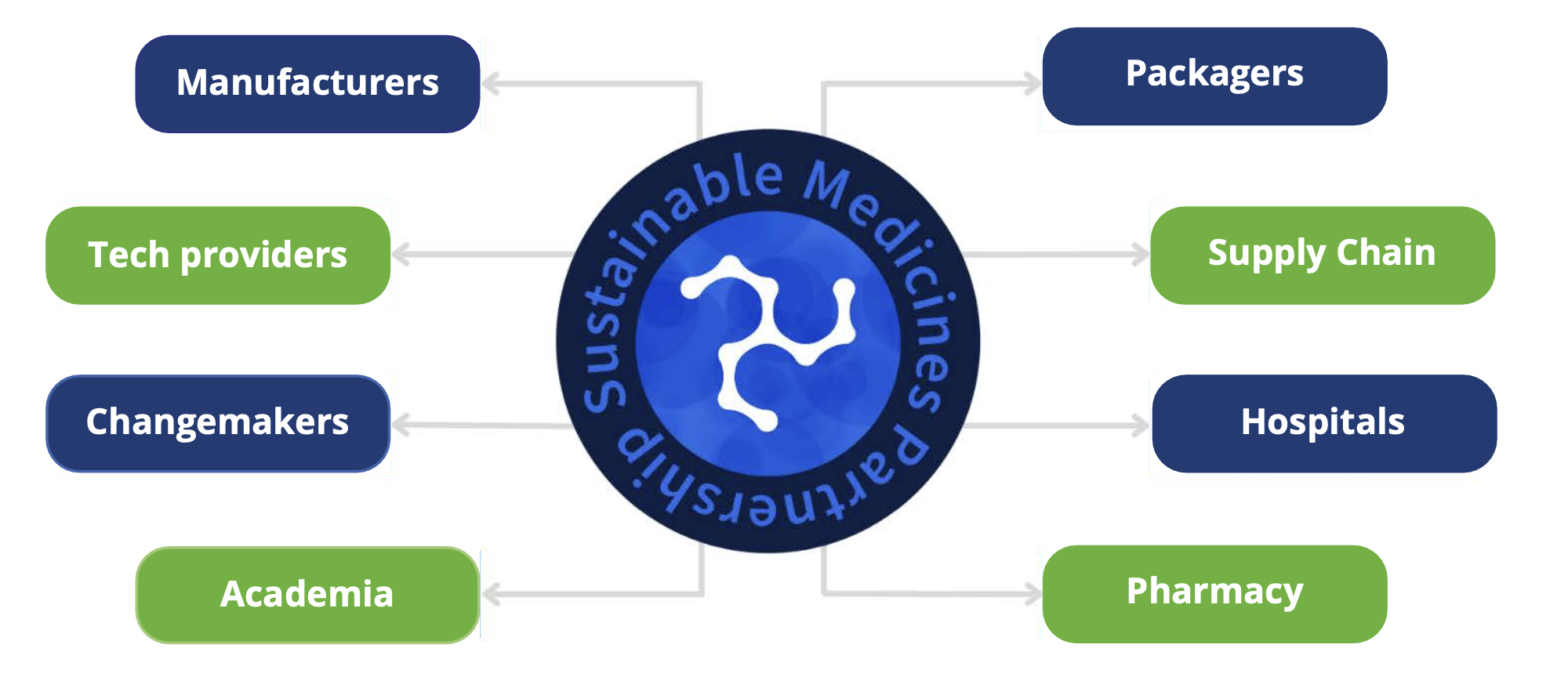
To find out more, Read and download the full ebook on sustainable Medicines here

